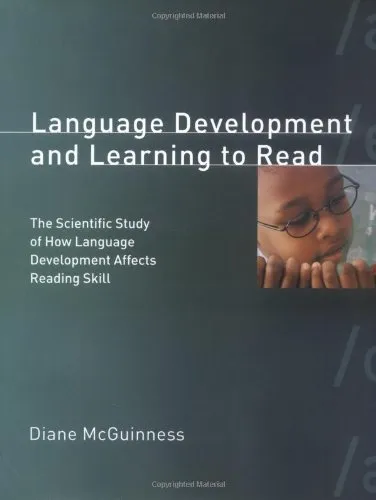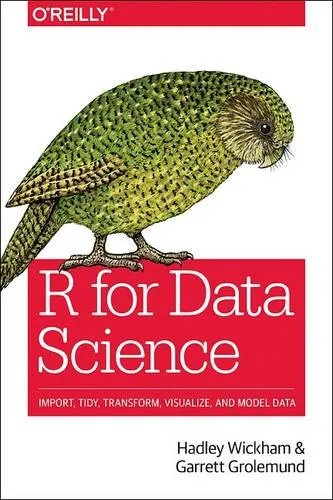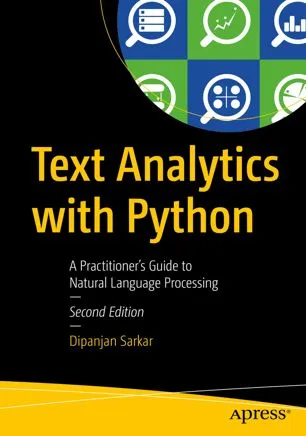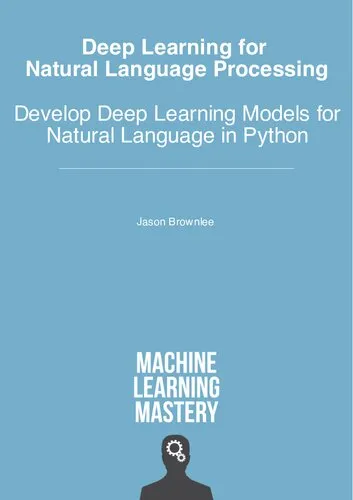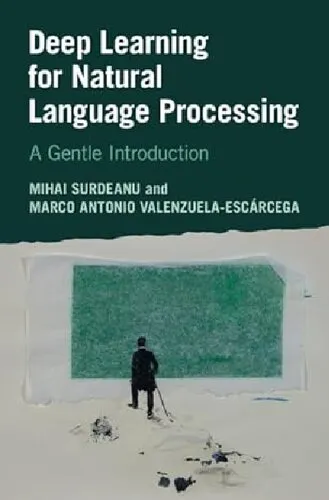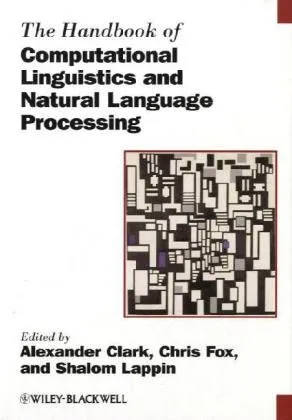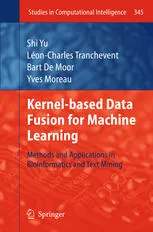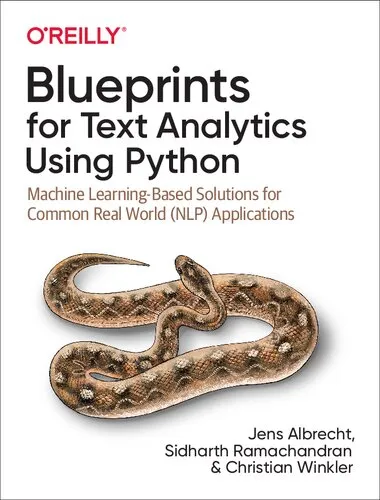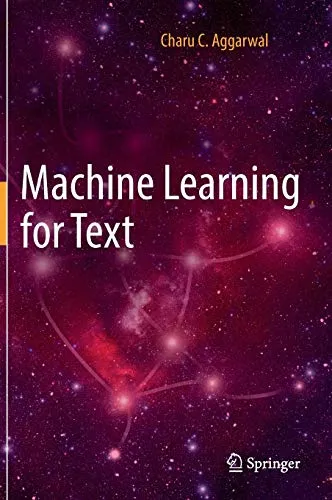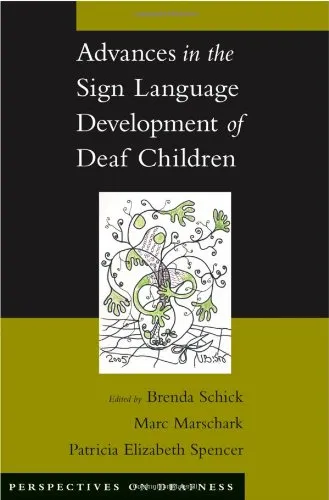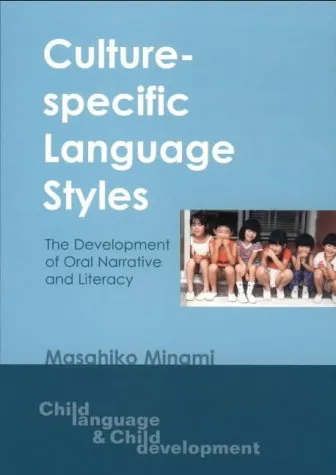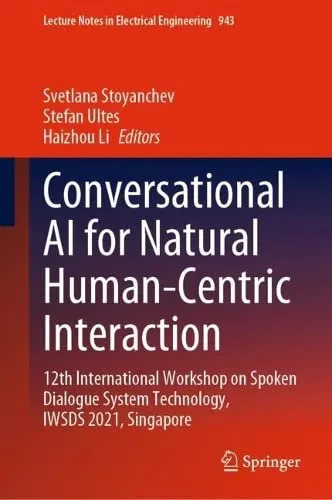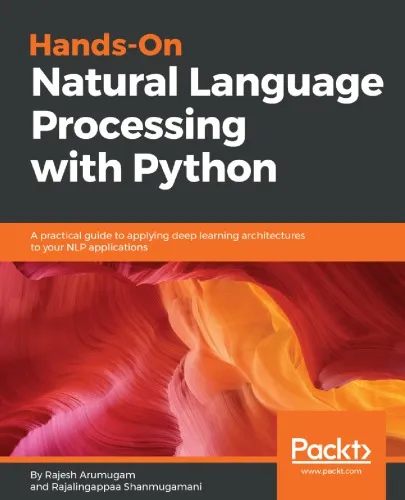Language Development and Learning to Read: The Scientific Study of How Language Development Affects Reading Skill (Bradford Books)
5.0
Reviews from our users

You Can Ask your questions from this book's AI after Login
Each download or ask from book AI costs 2 points. To earn more free points, please visit the Points Guide Page and complete some valuable actions.Related Refrences:
Welcome to the introduction of "Language Development and Learning to Read: The Scientific Study of How Language Development Affects Reading Skill," an essential resource for understanding the intricacies of how language development impacts reading abilities. Authored by Diane McGuinness, this book delves into the scientific underpinnings of reading acquisition and offers a comprehensive overview of how linguistic skills influence literacy.
Detailed Summary of the Book
The book provides a thorough and scientifically-grounded exploration of the relationship between language development and reading skills. McGuinness expertly navigates through the complex stages of language acquisition, diving into phonological, syntactic, and semantic development. The text emphasizes the importance of early language exposure and highlights the disparities that can arise from differing linguistic environments. By establishing a solid foundational understanding of language processing, McGuinness sets the stage for a detailed discussion on the mechanisms of reading. This book uncovers the intricate process of decoding written language, focusing on the transition from auditory language skills to visual reading capabilities. Through a lens of cognitive science, the reader is guided through the various models of reading development, backed by a wealth of empirical research. The narrative intertwines theories and evidence, presenting a balanced perspective on how educators and parents can best support children's reading journeys.
Key Takeaways
- Language development is a precursor to successful reading acquisition. Understanding the natural progression of language skills is crucial.
- Phonological awareness, which involves recognizing and manipulating sounds, is a vital component of reading readiness.
- Early language and reading interventions can significantly impact literacy outcomes, especially in diverse or underserved populations.
- The integration of cognitive and linguistic research provides valuable insights into effective reading instruction methodologies.
- Semantic and syntactic scaffolding in early education can facilitate smoother transitions into formal reading tasks.
Famous Quotes from the Book
"To comprehend the written word is to unlock a universe of knowledge, a journey that begins with the smallest of spoken units: the phoneme."
"Reading is not a natural process but rather a man-made construct—one that, when mastered, is transformative in the life of a learner."
Why This Book Matters
Understanding the link between language development and reading proficiency is crucial for educators, parents, and policymakers who strive to improve literacy levels. This book makes a significant contribution by bridging the gap between linguistic theory and practical applications in reading education. McGuinness’s work is particularly relevant in today's diverse educational landscape, where learners come from myriad linguistic backgrounds. The insights provided in this book challenge conventional reading instruction models by prioritizing an evidence-based approach to literacy. By championing early intervention and the strategic integration of language skills in educational curricula, "Language Development and Learning to Read" serves as a pivotal call to action for enhancing reading outcomes across all educational settings.
Free Direct Download
You Can Download this book after Login
Accessing books through legal platforms and public libraries not only supports the rights of authors and publishers but also contributes to the sustainability of reading culture. Before downloading, please take a moment to consider these options.
Find this book on other platforms:
WorldCat helps you find books in libraries worldwide.
See ratings, reviews, and discussions on Goodreads.
Find and buy rare or used books on AbeBooks.
1266
بازدید5.0
امتیاز0
نظر98%
رضایتReviews:
5.0
Based on 0 users review
Questions & Answers
Ask questions about this book or help others by answering
No questions yet. Be the first to ask!
